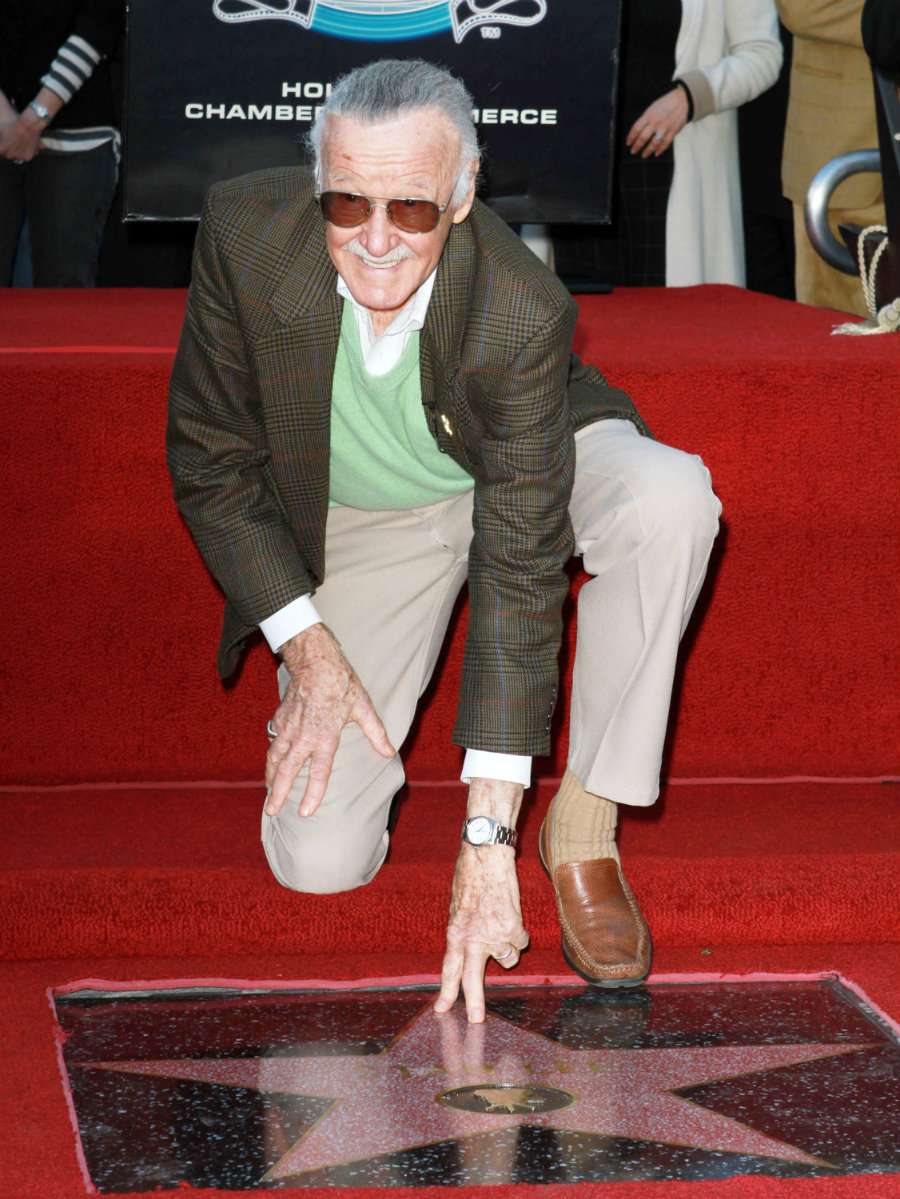Comics Legend Stan Lee Was the Godfather of Shared World Storytelling
Without him, Hollywood as we know it might not exist.

Like so many others, I was saddened yesterday to hear about the passing of Marvel Comics impressario Stan Lee.
I spent the formative years of my youth reading stories about superheroes he created. My first publication was in the letters page of Amazing Spider-Man (naturally, I suggested a team-up with the Fantastic Four), and as an adult, I have written thousands of words about movies based on Marvel Comics characters. It is possible that over the course of my lifetime, his creations and co-creations have occupied more of my mental energy than any other pop-culture phenemona. Yes, his legacy is complicated, but he was a legend, and he'll be missed.
Over at The Washington Post, I've got a piece on the way Lee's particular brand of sprawling, shared-world storytelling changed comics, and eventually movies, forever. Here's how it starts:
Next time you go to the movies and see a post-credits scene teasing a sequel that is still years away, or a winking reference to some obscure bit of franchise lore, or a cameo appearance by the star of another superhero franchise, think of Stan Lee.
Lee, who died on Monday at age 95, was the driving force behind Marvel Comics. A singular pop-culture visionary, he helped create many of Marvel's most popular characters, including Iron Man, Thor, Spider-Man, Black Panther and the Fantastic Four. Just as important, however, was how he changed the way these stories were told. As Marvel's self-promoting maestro, he popularized the serialized, shared-world superhero storytelling that has all but consumed the movie business over the past decade. Without Lee, Hollywood as we know it might not exist.
Be sure to read Brian Doherty and Scott Shackford on Lee's considerable pop-culture legacy.


Show Comments (12)